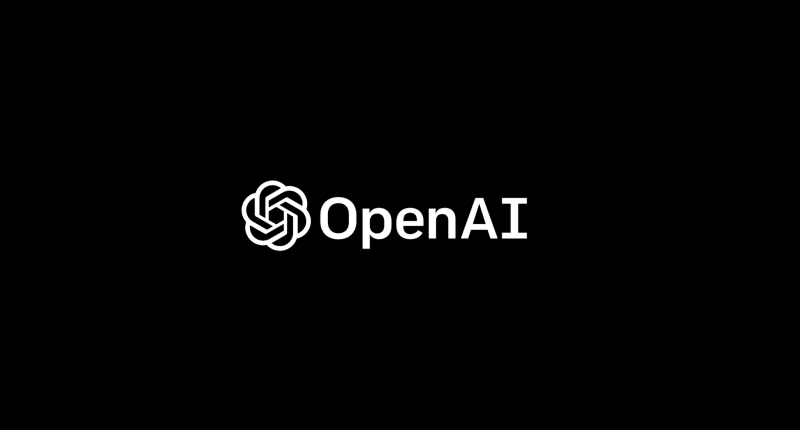OpenAI could finally turn for-profit after all, after months of bruahah over the company’s controversial ethics and claims of being a non-profit, thus in-turn claiming to be following a principle of “AI for non-profit” use. A new Reuters report says the company is set to change to a for-profit entity with Sam Altman gaining equity, amid a slew of departures at the executive level, with many such departures resulting from views that conflicted from Sam Altman’s, over company’s direction .
This development comes even as OpenAI has been losing its senior figures in droves, the latest of whom is Mira Murati, its chief technology officer, and is expected to attract the attention of more investors. Following Murati’s exit, OpenAI suffered more losses in the form of two additional senior leaders, Barret Zoph and Bob McGrew. Not that OpenAI is suffering from any lack of investors – Microsoft has been one of its biggest backers.
“We remain focused on building AI that benefits everyone, and we’re working with our board to ensure that we’re best positioned to succeed in our mission. The non-profit is core to our mission and will continue to exist,” a spokesperson for OpenAI told Reuters. With this development, OpenAI CEO Sam Altman will receive equity for the first time in the for-profit company. The exact amount remains unclear for now, and is a departure from the previous stance – Altman had earlier stated that he “chose” not to take an equity stake in the firm.
This does not mean that OpenAI’s non-profit will be entirely removed – from the looks of it, it shall continue to operate and will own a minority stake in the for-profit company. This comes five years after OpenAI announced a “capped profit” structure (three years after its inception) and continued to retain a non-profit board.
Once the restructuring is complete, it is likely that the company will place a stronger emphasis on monetizing its AI products. For users, this means that they could see more paid features or premium services arriving to ChatGPT – the popular AI-powered conversational chatbot, which already offers a premium version in the form of ChatGPT Plus, and puts access to faster and more efficient AI models behind a paywall. This means that users will have to shell out more to gain access to advanced tools and models, which could lead to a multi-tier pricing structure.
For OpenAI, this would make the firm a far more attractive option for investors, which is likely to result in a greater infusion of funding. The proceeds from this funding can then be deployed to improve the company’s AI models, ensuring that users experience faster upgrades, more refined user interfaces, and enhanced capabilities across products like ChatGPT, DALL-E, and Codex.
This development comes at a time when the San Fransico-based OpenAI is seeking to scoop up $6.5 billion in a fresh round of funding – something that could rise its valuation to $150 billion once the restructuring is over, and the cap for returns for investors have been removed. High-profile investors such as Apple, Thrive Capital, and Nvidia are expected to be some of the investors in this upcoming round.
Of course, not everyone is happy with the restructuring. Elon Musk, a co-founder of OpenAI, has been vocal about the subject. “Sam Altman is Little Finger,” Musk wrote in a post on X, adding that it was “illegal” to “convert a non-profit into a for-profit.” “This is deeply wrong,” the Tesla CEO added. Musk has a stake in the AI space as well – his xAI competes with OpenAI and Anthropic.
The Tech Portal is published by Blue Box Media Private Limited. Our investors have no influence over our reporting. Read our full Ownership and Funding Disclosure →






